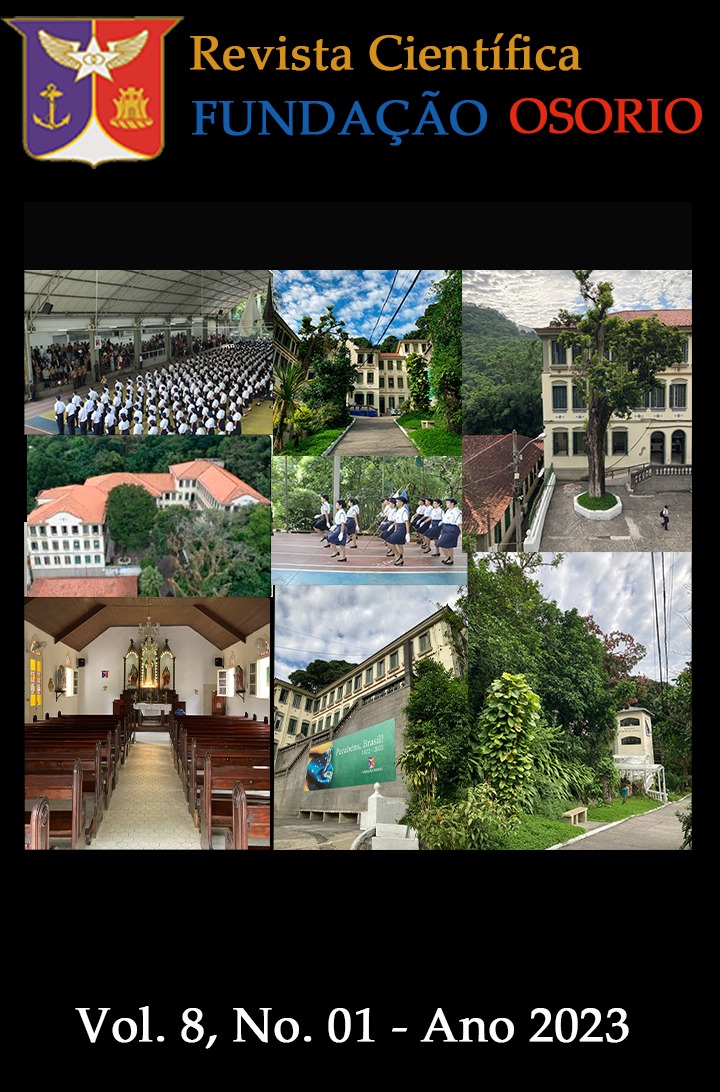Microalgae Farming: A More Sustainable Way to Reuse Wastewater
Main Article Content
Abstract
The ongoing economy and the rise in atmospheric pollution rates have been contributing to an increase in
the number of climate changing events which effects may be observed within this century. Furthermore, population growth and food demand will require even more amounts of nutrients used as natural fertilisers, such as Phosphorus, thus leading to its scarcity in the near future. In this view, a more sustainable way of dealing with resources must be implemented to the development of a more circular economy. Microalgae farming in urban areas is a sustainable and low-cost alternative for programmes aimed at reducing atmospheric CO2, besides the production of valuable subproducts, like biofertilisers. In scarcely arbored regions, microalgae aquariums may be complimentary used to water treatment. This study aims at assessing the potential for implementing microalgae aquariums as alternative to reduce not only the atmospheric CO2, but also contributing to reduce climate changing events at the same time it serves as sustainable biofertiliser producer. The study is in its initial stages of growing, microalgae adaptation and production of biomass. Next steps include physical-chemical analyses of total solids in order to estimate the amount of absorbed carbon, as well as in the biomass to verify its biofertiliser potential.

